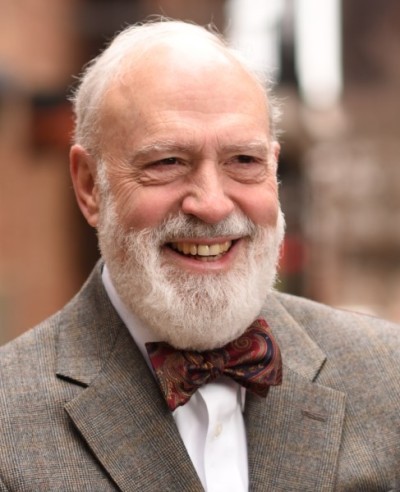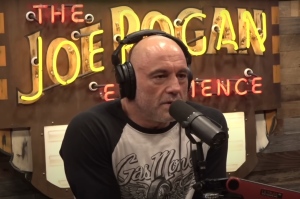Climate change and a changing political climate
Obama signed us up; Trump signed us out; and, on “Day One,” Biden will turn the tables again. It’s the Paris Climate Agreement, of course, aimed at “saving the planet.” Raising the obvious question: Is global warming for real? The stats seem clear enough, but does this mean we should take seriously the stern lecturing by teen guru Greta Thunberg that we’ve only got a decade to get the climate under control before civilization goes into an unrecoverable tail-spin?
Amid all the hype, nagging questions persist. If industrialization and fossil fuels are behind rising temperatures, what explains the historic warming ending the Ice Age? Or that in the year 1,000 there were sun-kissed vineyards all over southern England, which, despite industrialization, saw temps gradually becoming cooler, not warmer? It’s a question of cause and effect: Is human activity the primary cause of global warming, or, rather, cyclical periods in nature? To put it another way, is a changing climate something we can control, or not?

What everyone can agree on is that the environment is fragile, so we should do what we reasonably can to protect it. Indeed, as people of faith, we have an even higher obligation being stewards of God’s divine Creation. It’s a “God thing,” whereas, for many climate activists who reject God, saving the planet has become a kind of surrogate religion. Ever wonder why evolutionists, in particular, should be so fanatical about saving a planet that came into existence solely by chance? Simple, really. Since, for them, the natural physical world is all that exists, it must be saved no matter the cost. Then again, if the universe is here only by accident, why should we care if the planet or humanity becomes extinct? Stars burn out; dinosaurs vanish.
Followers of Christ have every reason to responsibly tend the planet, but not to focus on saving it from an environmental demise that will never occur. The end-game has nothing to do with any ecological catastrophe. As Peter tells us (2 Pet. 3:7,10), “The present heavens and earth are reserved for fire, being kept for the day of judgment and destruction of the ungodly…The heavens will disappear with a roar; the elements will be destroyed by fire, and the earth and everything done in it will be laid bare.” Whether the fiery picture is literal or merely figurative, God is in control of both timing and method. The Lord gives, and the Lord takes away.
But this is merely a parable bringing us full circle back to the incoming Biden regime and a radical change in the political climate, over which we now have little control. Faced with the prospect of an increasingly faith-hostile environment (often engendered by those most keen on environmentalism), what can we believers do? One answer is found hanging in our closet. We can’t change winter, but we can put on a coat. Instead of futilely railing against what we can’t change (indeed, it might well be God’s judgment!), we’ll have to adapt. Spiritually adapt. It’s no longer a season for politics, so hang it up! The time has come to lower the temperature.
Want to know what Jesus would advise? Read his intriguing Revelation to John during a time of oppression not unlike where we’re headed. Written for believers facing persecution, there’s no call to arms, merely two simple themes: Be faithful, trusting that God is in control; and “keep your robes white,” saving your soul, not the planet. The zeal of today’s militant eco-warriors may be misplaced, but their passionate commitment is a sobering challenge for the rest of us. In the daunting days ahead, are we prepared to trust God fully, no matter the political climate?
F. LaGard Smith is a retired law school professor (Pepperdine, Liberty, and Faulkner law schools), and is the author of some 35 books, touching on law, faith, and social issues. He is the compiler and narrator of The Daily Bible (the NIV and NLT arranged in chronological order), and posts weekly devotionals on Facebook, drawing spiritual applications from current events.




























